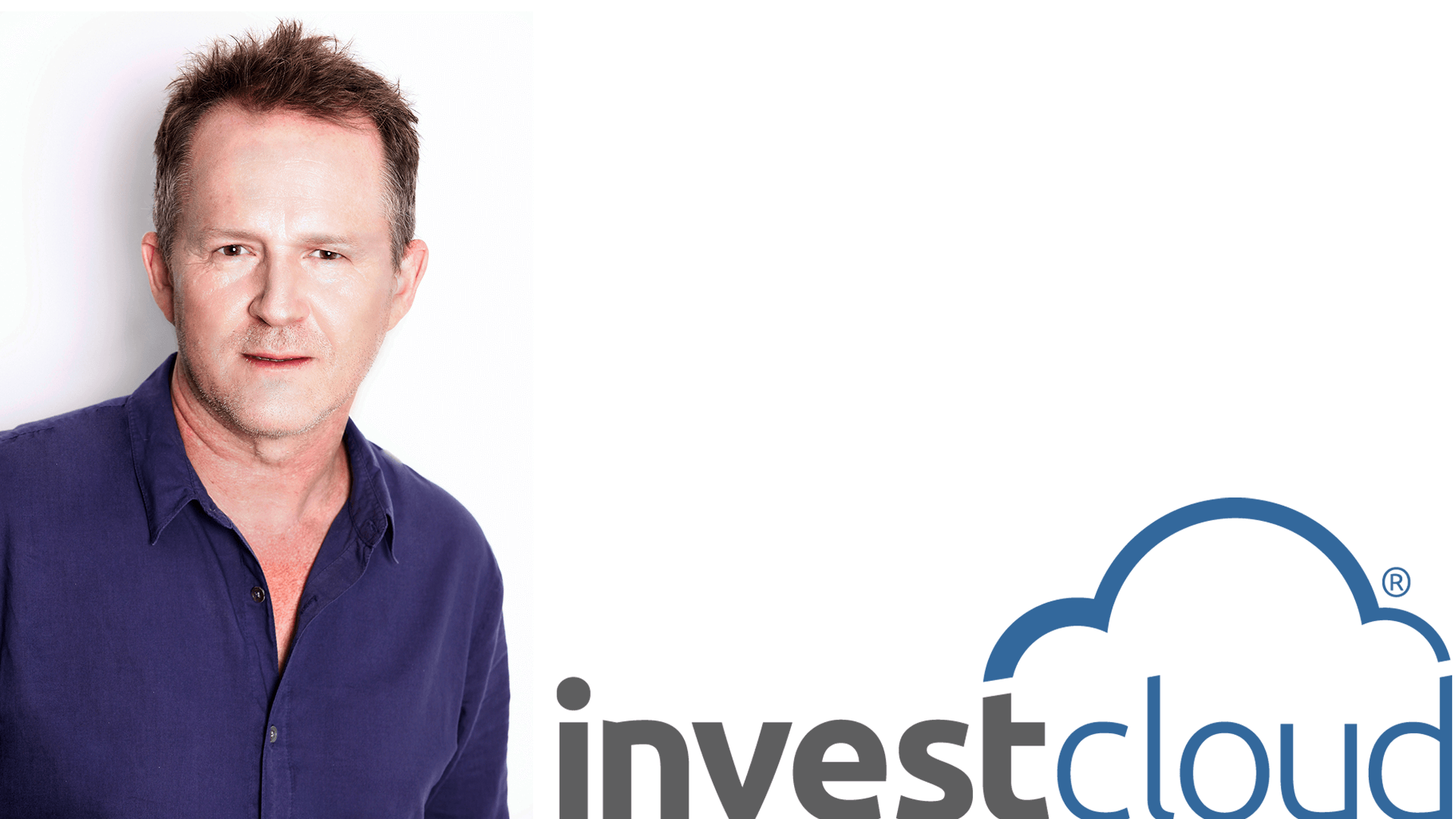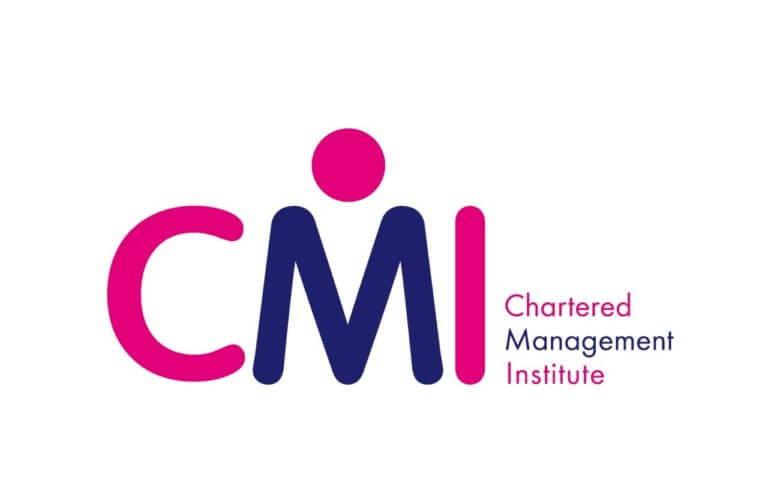A recent report from GlobalData found that only 10% of wealth managers perceive robo-advisors as an immediate threat. With the entire financial industry racing towards widespread digital adoption, it begs the question – shouldn’t they be more worried?John Wise, CEO, Co-Founder and Chairman of InvestCloud investigates.
The biggest mistake wealth managers are making is holding on to the long-standing belief that robo-advisors will only serve the lower retail market. This is the same mistake ‘brick and mortar’ stores made in sizing up Amazon as a threat; they fail to appreciate the competitive advantage a digital platform has.
Many high earners are turning to robo-advisors and digital processes for a better return on their portfolio. A recent survey from InvestCloud found that 49% of investors are using mobile apps to manage their wealth. A further 48% are using a firm’s digital offerings as a key differentiator when choosing their manager. As investors continue to be more digitally savvy, this will certainly increase.
As things stand, digital can feel like the enemy to traditional wealth managers.
The need for hybrid wealth management
What many wealth management firms are failing to recognise is that it doesn’t have to be one or the other. By deploying a hybrid model of digital and traditional services, these firms can compete successfully in this changing digital environment.
Traditional ‘brick and mortar’ wealth managers are faced with two key challenges today. The first of these is the well-documented fee compression. The second is the transfer of wealth from aging boomers to younger, more tech savvy and less financially educated generations – Generation X, Millennials and – soon – Generation Z.
At this inflection point, everyone has one question on their mind: How are firms going to attract new clients and retain existing ones in a cost-effective manner?
The hybrid model of human and digital advice means advisers can use cost-effective technology from the robo space and combine it with differentiated and engaging client experience. This will be key to serving younger demographics. Hybrid advisors will be able to scale like a robo-adviser, being able to serve more clients, while ensuring continued engagement with existing clients through face to face interactions and digital empathy tools.
This change is already happening. Those who can see it as an opportunity and not as a threat will have the upper hand.
Creating a truly personailsed digital service
While automation plays a critical role in increasing a firm’s profitability, it is only one side of the equation. Clients will measure the quality of a service by what they see, so continually improving the quality of their digital experience is critical.
When an adviser cannot speak and interact with clients face-to-face, it can often be difficult to create and maintain a strong relationship that keeps a client sticking with your business. Instead, advisers need to create the same level of service online. Financial institutions instead need to build digital relationships, where each client can be engaged on their own terms.
This is why the digital experience is so important. It is not just about providing online services – wealth management clients also require a truly personalised, beautifully designed, intuitive and easy-to-work-with platform that caters to all their individual needs.
But this should not be one-sided. The client and adviser portals need to be directly linked, so the adviser can see what the client is looking at, or even influence the dialogue remotely using chat, video or direct messaging. This way, advisers can deliver complete personalisation.
The importance of data
Firms can not solely focus on the client-facing aspects of their business. Looking behind the scenes is equally important.
Getting information correct and accessible is key to success when operating at scale. Adopting a data warehouse is the most important aspect of any digital strategy. Information is power – but only if it is correct, gathered in one place, and is in a structured format.
Many traditional firms fail to appreciate how information from correctly managed data can be leveraged to better serve their customers. To use the Amazon analogy again – the amount of client information they can use from customer profiles is something brick and mortar stores can only dream of.
Using the right digital platform, wealth managers can collect client data, but also monitor how this information changes. For example, they can see which demographic pays closest attention to market changes, or how a client’s investment objective or risk tolerance changes over time.
Those using the right digital platforms can access deep behavioral analytics, which in turn helps them support more clients with less resources. Data in today’s digital environment goes beyond ‘csv’ files to include text, chat, documents, and pictures. Imagine an advisor on a call where the client is asking about a recent capital call transaction. Centralised platforms enable advisors to access all relevant client information, including primary documents from the custodian or fund administrator.
The last piece of the puzzle is adoption. How are digital platforms helping wealth management firms increase adoption and retain existing clients?
Behavioral science functions combine unique and customisable digital personas. The right platform will allow financial institutions to connect with all their clients, despite vast differences in wealth, age, outlooks, and all the numerous facets that make them unique. Digital engagement requires human empathy, and personalised platforms can make each user feel that their financial concerns are understood, whether they are Baby Boomers, Generation X or Millennials.
These elements are what constitutes a great overall digital strategy in 2019. Armed with the right tools, advisers will have an advantage over the robo advisers.
This is the holy grail of hybrid wealth management: Automated digital processes combined with the advantage of human insight. Being able to undertake ad hoc tasks for clients or difficult-to-do exercises that are a challenge, can now be automated with the click of a button. Digital empathy – expressed through the right tools – will set you apart. Longer retention, higher AUM growth and improved quality and operational efficiency all await.
With the right digital strategy, robo advisers have nothing on you.
























